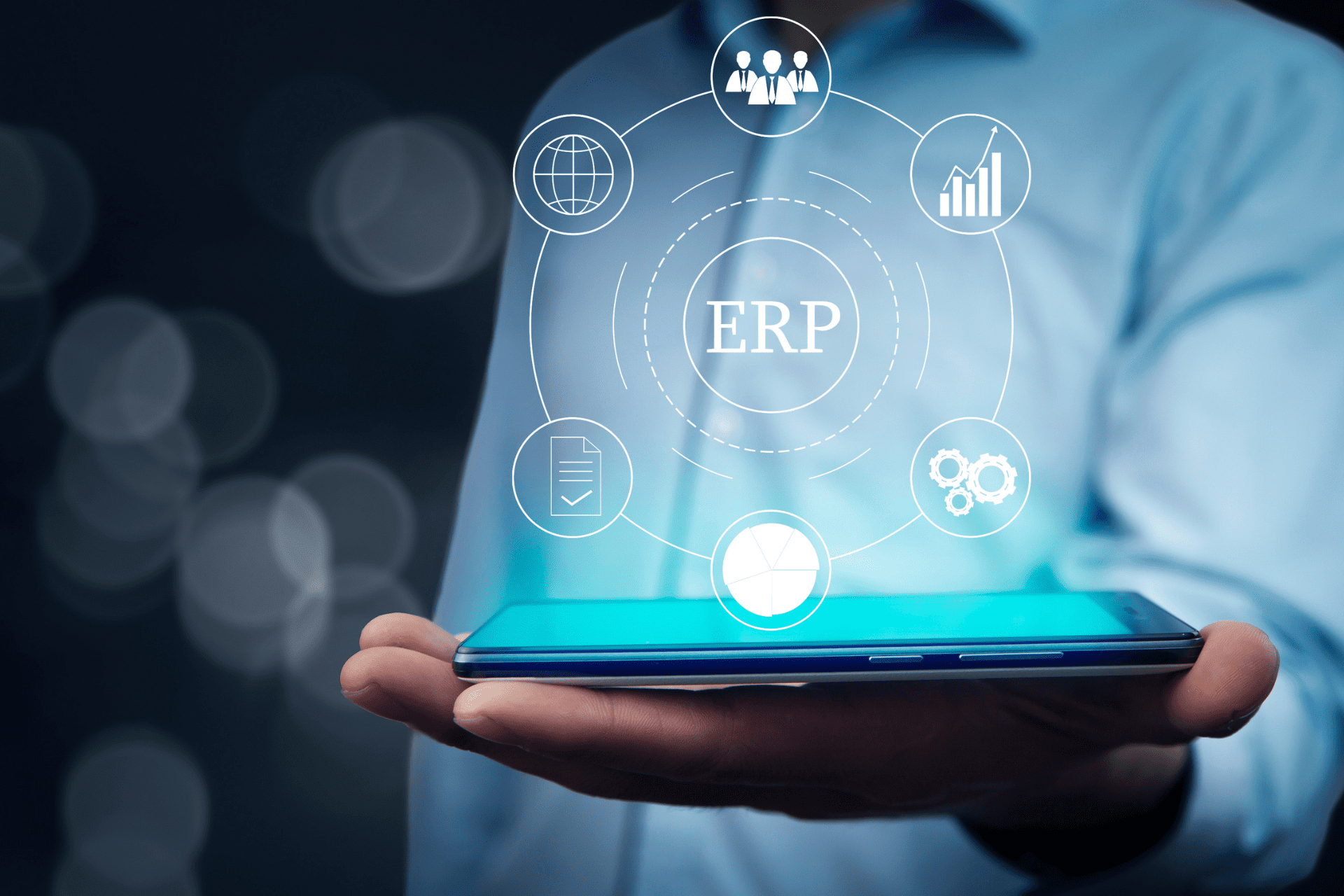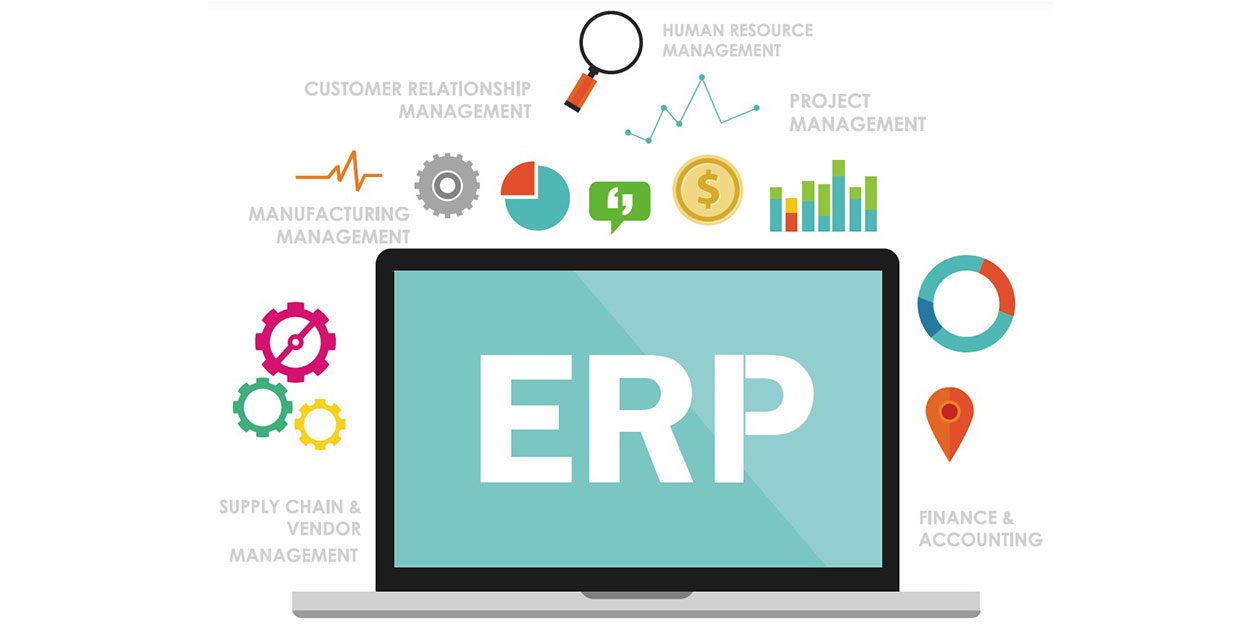Share
Read also

Trends & Views
Digital transformation strategies

Business Software
CRM 2025 market: Response to increasing customer demands

Business Software
Understanding the ERP lifecycle management

Mobility
How is EM shaping the way SMBs operate?
Preparing for the implementation of a cloud-based ERP solution is a prerequisite for success. So, it is important to know some of the most crucial preparation steps that will offer you an even better understanding of what you should expect and, at the same time, increase your level of confidence.
In the beginning is… processes. The implementation of a cloud-based ERP system offers an opportunity to document and identify all business processes, starting from the ground and moving up, since such information inherently include almost everything that is important to a business. This step is necessary, as it offers you a chance to remove or improve processes that may not be that useful after all, before migrating your entire business infrastructure to a virtual environment.
The second step has to do with enterprise reporting and, therefore, with the way you are -or are not- using the information offered by your ERP system. Some of the legacy reporting features might prove useful for the new cloud-based ERP system, but this is generally not the case, meaning that you have to do a thorough “cleanup”. Given that cloud-based ERP systems offer a direct advantage in terms of transparency as well, you will be able to expand your reporting features in a minimum amount of time.
Another point of interest is security, since modern ERP systems -due to cyber-attacks and security gaps- have even bigger requirements than past implementations. This pertains to issues related with data security, security protocols, active/passive security and recovery systems. In the case of cloud-based ERP systems, you need to pay extra attention to any compatibility issues between the security processes and policies of the legacy and the cloud-based system where your data will be moved. Luckily, in this case as well, cloud-based systems usually offer preconfigured processes that can reliably meet your business needs.
Before making the transition to a new, cloud-based ERP system, it would be wise to review and re-assess all your data. This process may also include trivial tasks (such as removing obsolete and duplicate records) that must be addressed nevertheless. After all, this effort will allow you to make a clean start, ensuring that all your data records and information are solid and ready to be moved to the cloud.
Finally, special care must be taken for the existing infrastructure, which needs to be assessed and evaluated prior to the migration. Those in charge of the whole process should not underestimate the importance of this step, since a virtually-hosted system, such as a cloud-based ERP solution, can ultimately be only as effective as the local environment allows it to.







